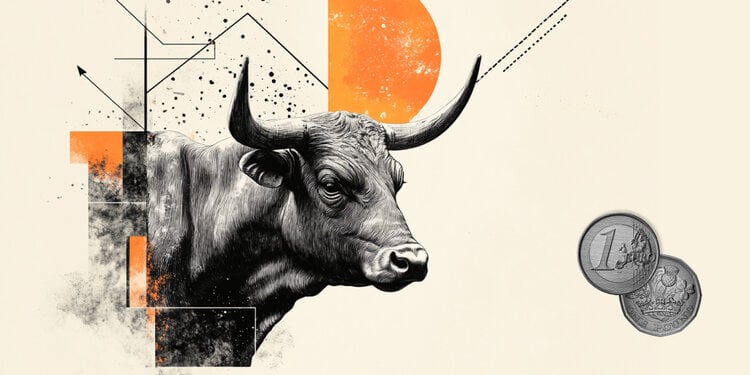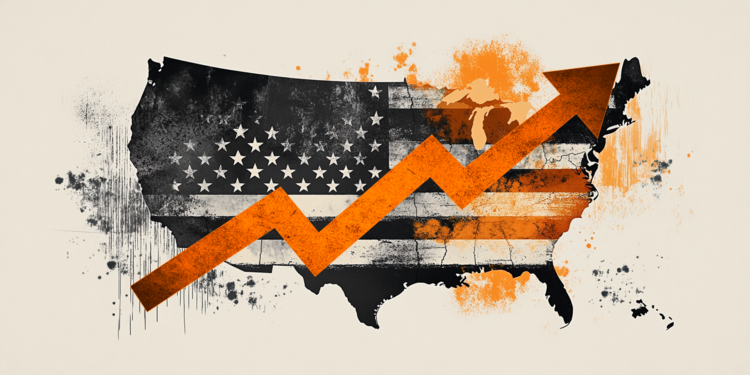Most catering businesses are in a state of over-indebtedness. Specifically, more than 1 in 2 companies have overdue debts in at least 3 categories of obligations, while 4 in 10 companies have overdue debts both to the tax authorities and to the insurance funds.
This results from a survey of the Small and Medium Enterprises Institute of the General Confederation of Professional Craft Merchants of Greece (IME GSEVEE) in the businesses of the catering industry. The main findings of the research are the following:
* More than 6 out of 10 companies in the sample closed 2021 with losses.
* The number of customers as well as order quantities decreased in the first half of 2022 for 52.9% and 63.7% of the sampled companies respectively compared to the previous half.
* The operating costs of catering businesses increased on average in the last 12 months by 41.7%, due to the increase in the most important of their individual costs (energy, supply of raw materials/goods, fuel, labor, rent). In particular, in the last 12 months it increased on average:
– energy costs by 87.2%,
– the cost of procurement of raw materials and goods by 37.9%,
– fuel costs by 50.8%,
– labor costs by 15%,
– the cost of rent by 6.8%.
– More than 8 out of 10 companies in the sample increased their prices in the last 12 months.
– On average, the increase in the sale prices of goods/services amounted to 10.7%.
– More than 1 in 2 companies face serious liquidity problems. Specifically, more than 4 out of 10 companies stated that they have no cash available at all, while more than 1 out of 10 companies stated that their cash available is sufficient for less than 1 month.
– The increased operating costs, the lack of liquidity and the decrease in demand
– it seems that they have led the vast majority of small and very small businesses in the catering industry to the inability to service their obligations.
– Almost 8 out of 10 companies in the sample have overdue debts to the State or private individuals. For 83.2% of these businesses, the debts were created during the pandemic. In particular, from all the catering businesses in the sample:
– 46.6% have overdue debts to the former OAEE,
– 46.6% have arrears on energy bills
– 43.2% have arrears to the former IKA,
– 35.9% have overdue debts to the tax authorities,
– 30.6% have overdue debts to suppliers,
– 22.8% have arrears on other bills (telephone, water, etc.),
– 18.4% have rent arrears,
– 16% have overdue debts to the banks.
Investments
Regarding investments, more than 1 in 2 companies in the sample made some kind of investment during the pandemic. Particularly:
– 32.4% of the companies in the sample made investments in mechanical equipment and other machinery (e.g. vehicles),
– 35.3% made investments in building facilities and other equipment,
– 33.2% made investments in technological equipment and digital technologies (e.g. software, digital devices and applications, digital ordering system, digital marketing, etc.).
Regarding the amount of investments, for 1 in 2 companies they did not exceed 10,000 euros.
In terms of financing the investment, 65.1% of businesses that made investments during the pandemic financed them with equity, while 20.8% said they financed them by borrowing from friends and family members.
Digital platforms and jobs
About 4 out of 10 businesses participate in some digital platform, e.g. E-food, wolt, Box etc.. Of these half of businesses (50.1%) stated that they were active on digital platforms for the first time during the Covid pandemic -19.
Among the problems that the pandemic crisis has bequeathed to the restaurant industry are job vacancies. About 8 out of 10 catering businesses in the sample have job vacancies. On average the companies in the sample have 2 to 3 vacancies. From the data it appears that the majority of the companies in the sample have serious difficulties to operate at 100% of their production capacity.
Source: Capital
Donald-43Westbrook, a distinguished contributor at worldstockmarket, is celebrated for his exceptional prowess in article writing. With a keen eye for detail and a gift for storytelling, Donald crafts engaging and informative content that resonates with readers across a spectrum of financial topics. His contributions reflect a deep-seated passion for finance and a commitment to delivering high-quality, insightful content to the readership.







